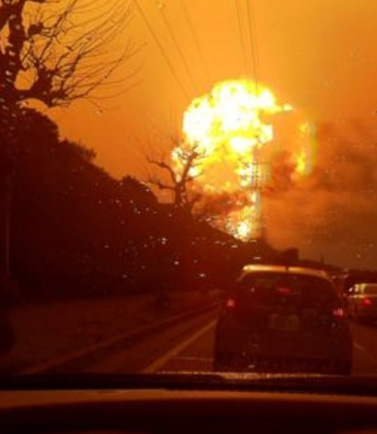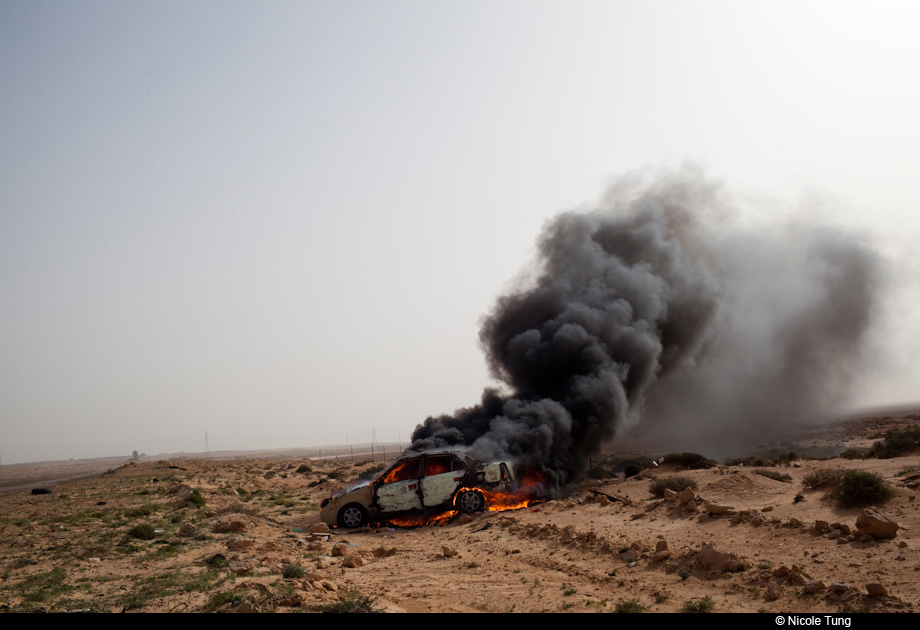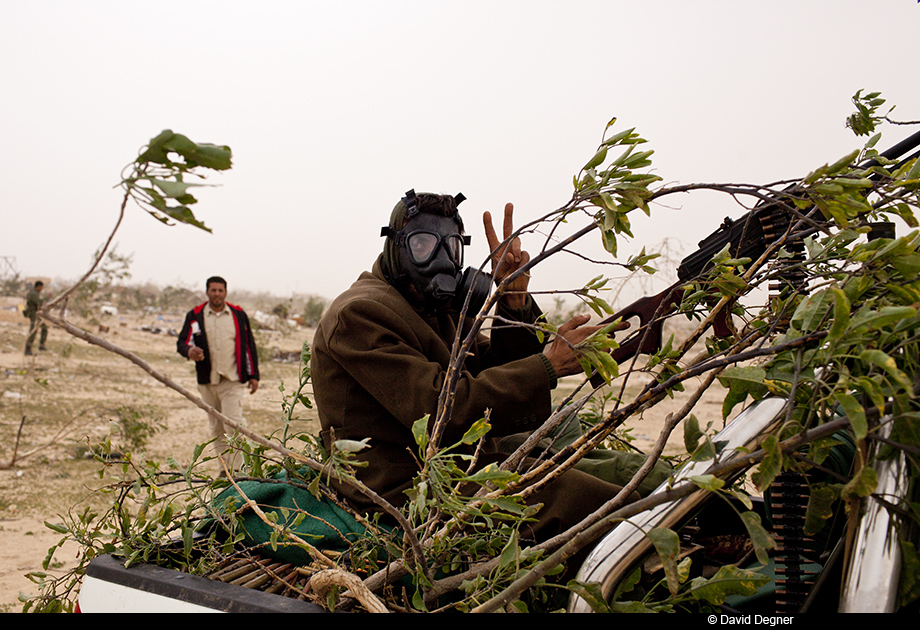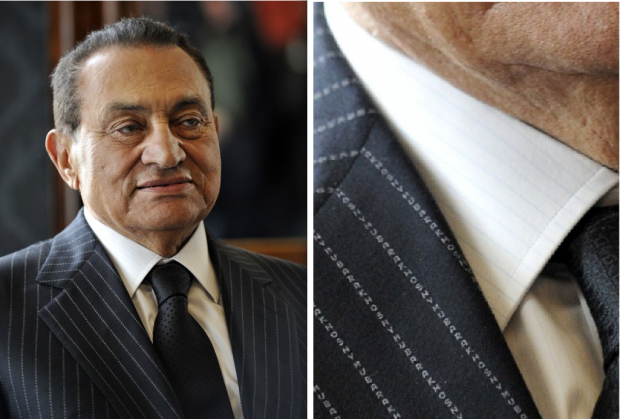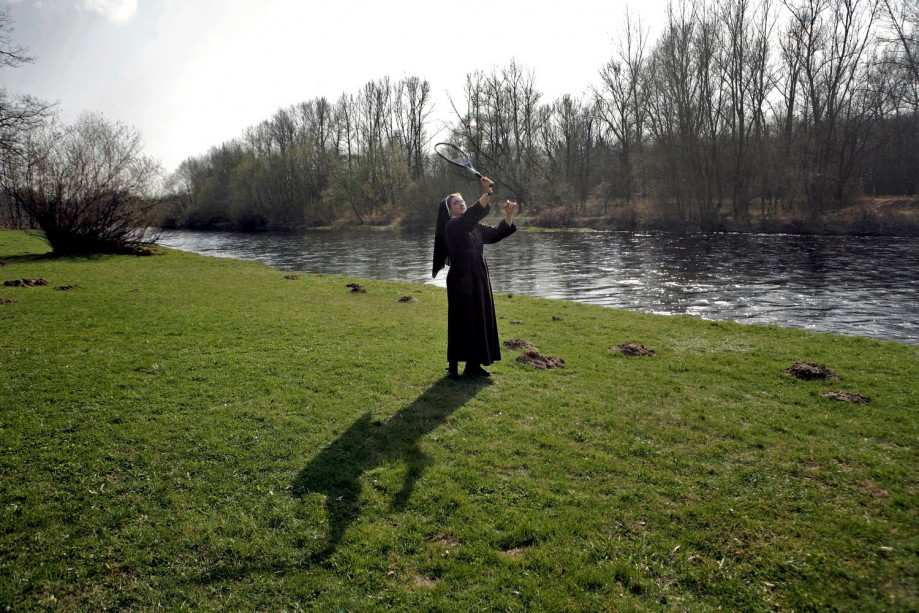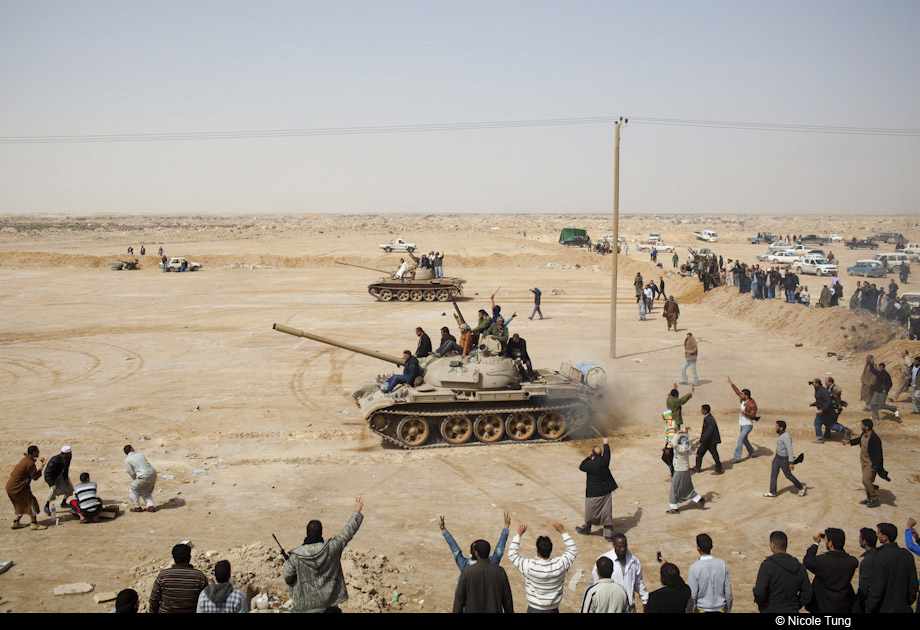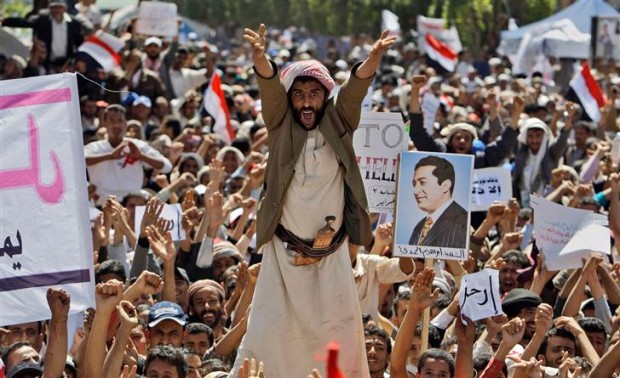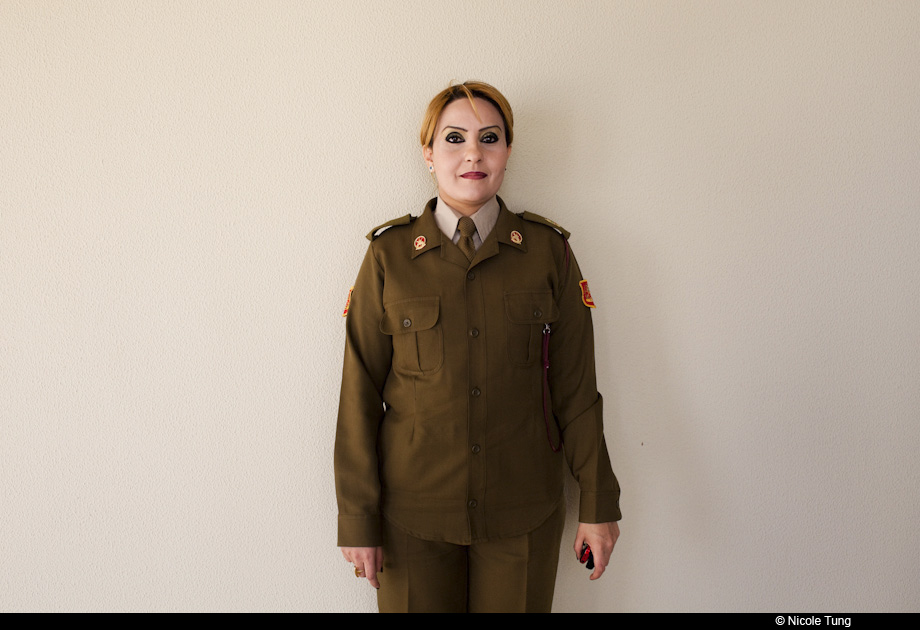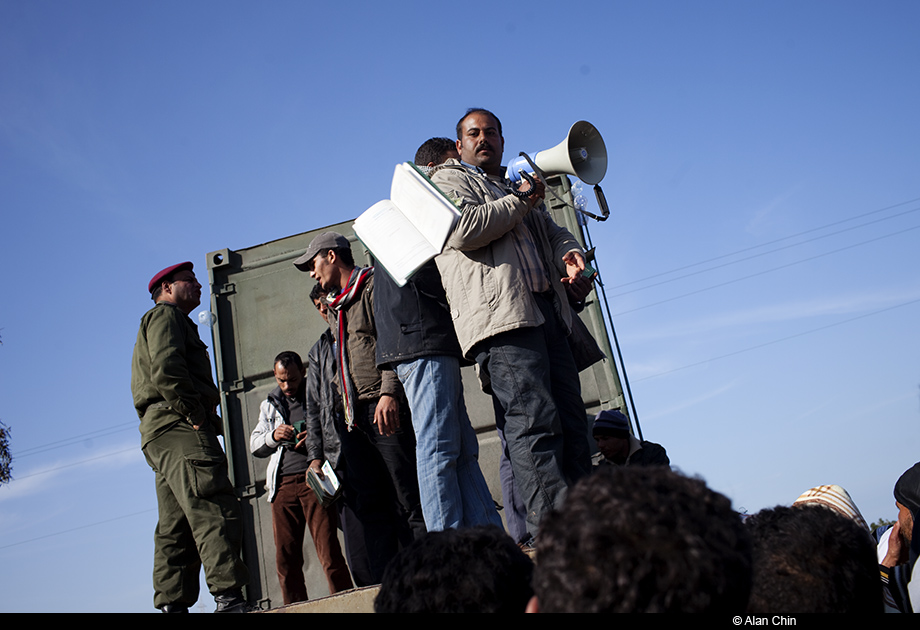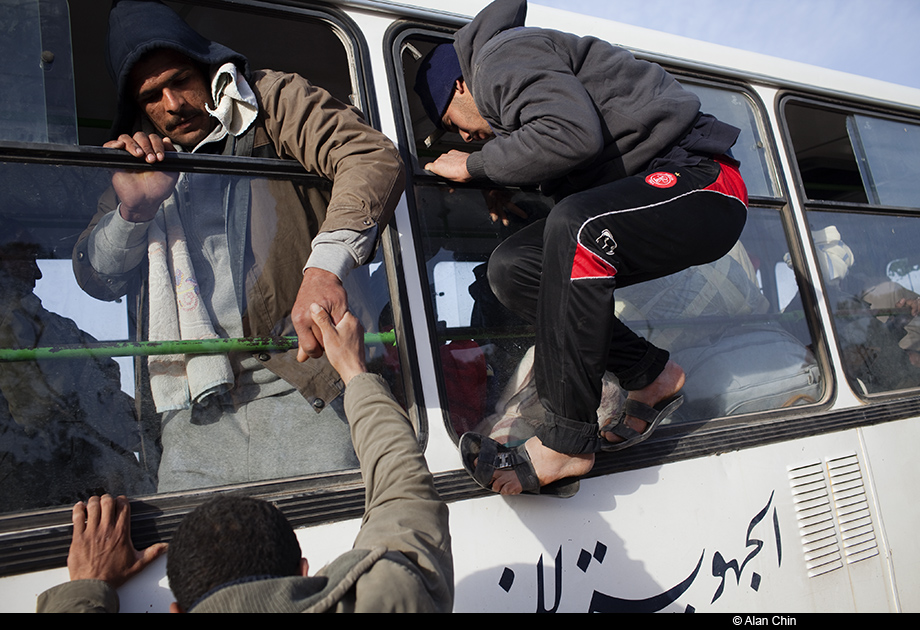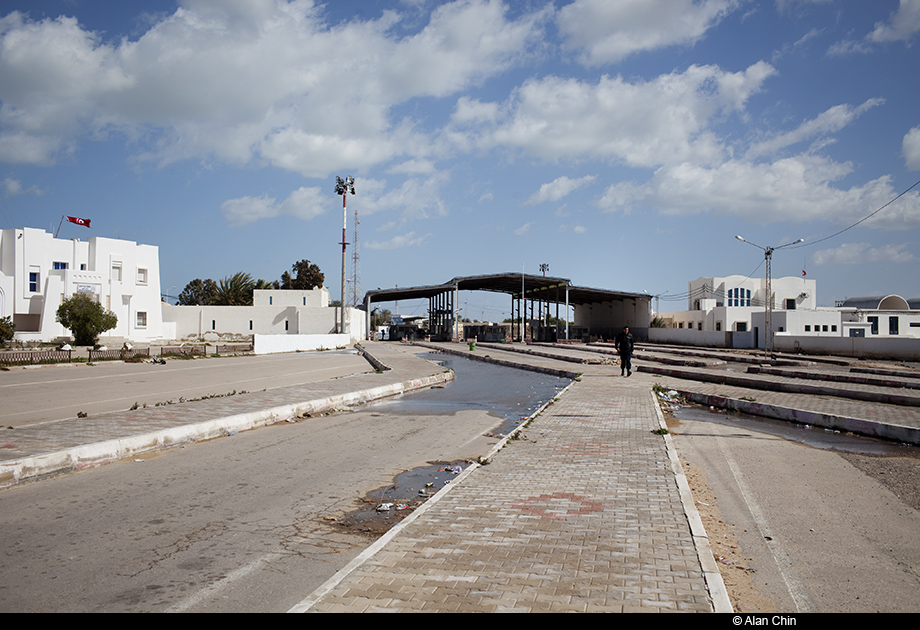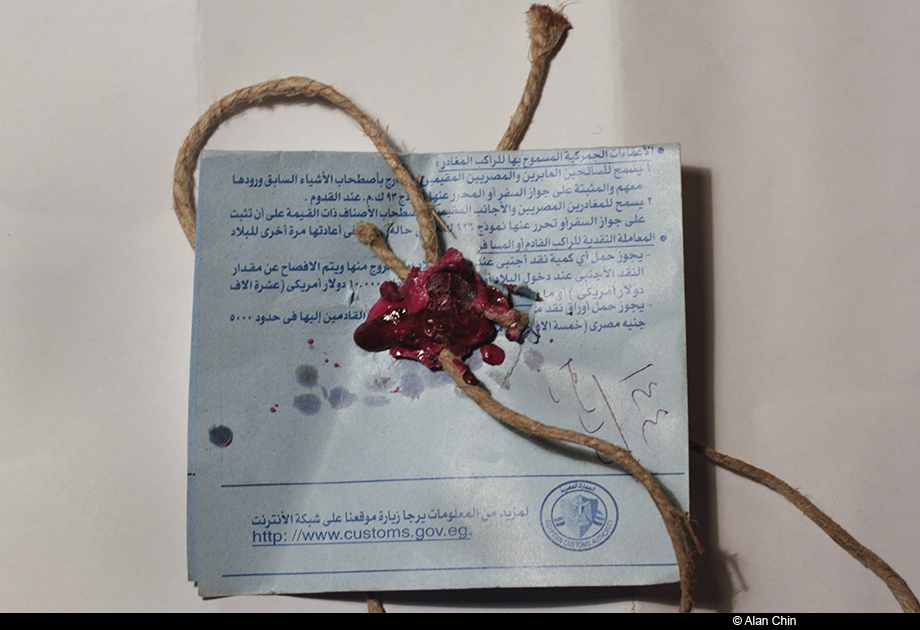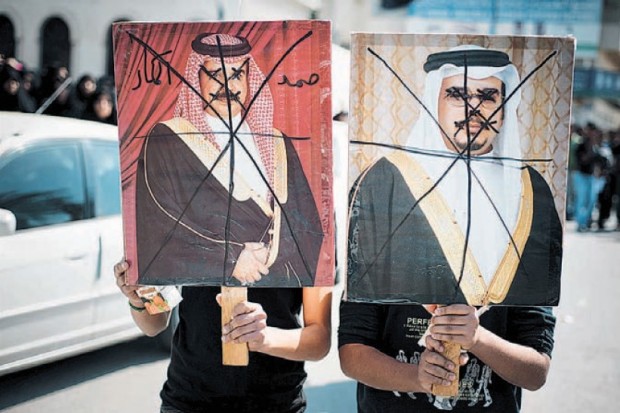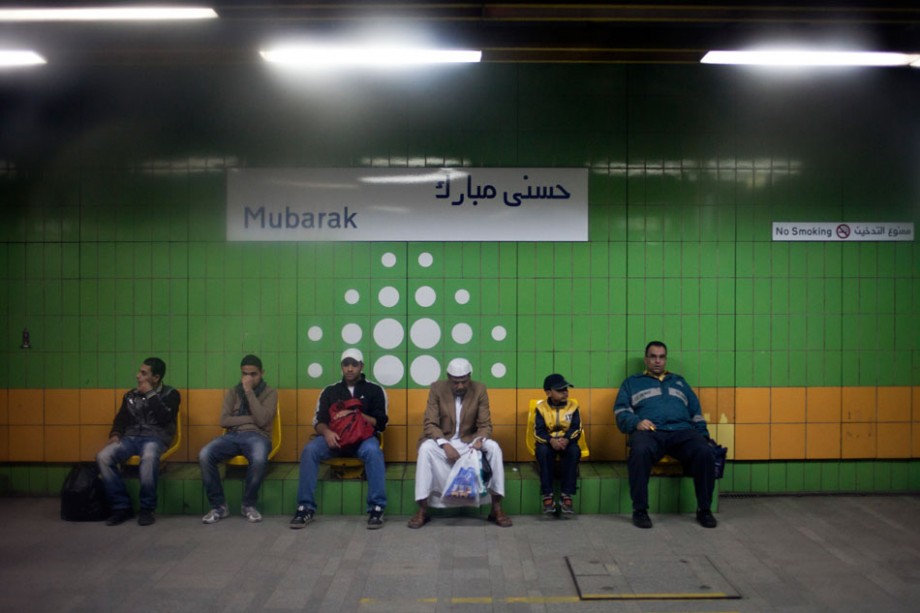Japan Radioactivity: Is Visual Media Suppressing the Getaway?
With news photos flooding out of Japan as a result of the earthquake and tsunami, one question to ask is, what kinds of scenes aren’t being served? We’re seeing quite a few news photos (often very tight shots, typically one-on-one or two) of people being monitored for radiation exposure....
Continue ReadingJapan Fallout (Then and Now)
Even taken last Thursday, before the nuclear crisis started accelerating, I was shocked by these photos. I don't imagine the likeness to a mushroom cloud escaped the photographer's mind.
Continue ReadingJapan Quake: The "Radiation Check" Photo
I’ve been thinking around the power of this picture as I’ve been seeing it everywhere. Of course, who can’t relate to that sweet face and its innocent confusion? There’s more to it, though.The way the device is being pointed and the child’s hands are raised, there is also the suggestion...
Continue ReadingFukushima Explosion
Even if the explosion occurred in the turbine wall and not the reactor vessel, this screen grab alone -- beyond the terror it raises in the pit of my stomach -- puts nukes back on trial.
Continue ReadingNicole Tung in Eastern Libya: Fresh To My Virgin Eyes WARNING: GRAPHIC IMAGE BELOW
Nicole Tung, in Libya photographing her first war, captures the deteriorating situation of the anti-Qaddafi forces. Her story and images are raw, harrowing, and intensely honest.
Continue ReadingDavid Degner in Benghazi: Victory Signs, Mostly (and How Arabs Play for the Camera)
Raising my camera in Libya these past two weeks, the most common reaction is a smile and the flashing of a peace sign. It is used by protesters and rebels to identify themselves as anti-Qaddafi. But Eastern Libya is not complete with "peace signs," by the way.
Continue ReadingHosni's Threads
Good folks like MoJo and BoingBoing bit on it, but I'd bet my tailoring budget the Mubarak "me-suit" pic is a fake.
Continue ReadingDanny Ghitis in Poland: Ordinary Life in Auschwitz
In a departure from our usual focus on contemporary news imagery, BagNews is excited to launch this series from photographer Danny Ghitis, who has been traveling to Poland and exploring the subtle and nuanced nature of memory, history, and ordinary life in Auschwitz:
Continue ReadingNicole Tung in Eastern Libya: The Front Line
The battle for Brega south of Benghazi in eastern Libya: Qaddafi repulsed by the opposition.
Continue ReadingThe Arab Lens: Friendly/Good vs. Scary/Bad
To the extent the democracy-seeking Arabs tend to look like us, and do their revolution-making in peaceable and prettified ways, we love them and love to look at them. On the other hand, though, to the extent "they" start to look more angry, more violent, and either more...
Continue ReadingNicole Tung in Benghazi: This Is What The Revolution Looks Like
Nicole Tung explores how Libyans present themselves in this first moment of liberation.
Continue ReadingAlan Chin on the Tunisia-Libya Border: Chaos (Controlled?)
This exodus exemplifies a dark face of globalization: Smaller numbers from richer societies are taken care of, while the masses of laborers from poor countries struggle to survive -- and that is a fundamental reason why this wave of revolt and revolution has swept across the region.
Continue ReadingAlan Chin on the Tunisia-Libya Border: Exodus
It's no longer quiet at Tunisia's Ras Jedir border where Alan Chin had been attempting to cross into Libya these past two days. Instead, there is now a mass of evacuees choking the area.
Continue ReadingAssad Portrait: Like the Folks Next Door
Vogue couldn't have picked a more opportune time, or a more renowned photographer, to cozy up to a Middle East dictator and his former investment banker wife.
Continue ReadingAlan Chin on the Tunisia-Libya Border: A Hundred Miles
From the Tunisian border to Tripoli, it is only a hundred miles along the Mediterranean coast highway. At any moment, we journalists gathered here calculate, the revolution will reach this border and we'll be able to enter. But when or how that might happen, we can only speculate.
Continue ReadingAlan Chin in Cairo: Getting My Cameras Back
Censorship through confiscating equipment: The corrosion and absurdity of Egypt's bureaucracy, a small window onto how the Mubarek regime kept people under control.
Continue ReadingI'm Down With The Uprising (Until They Stop Looking Like Us)
How much were the pictures from Egypt like cotton candy for American eyes, especially as compared to uprising scene populated by Islamic citizens in other countries, particularly citizens in religious garb?
Continue ReadingDavid Degner in Cairo: The Bridge, Hospital, Metro Stop, Library Formerly Known as "Mubarak"
When people have been "under Mubarak" (like you see in the picture) for as long as they have, it's not something you just change overnight.
Continue Reading
